
Reverse engineering is a fascinating field that delves into the intricate workings of existing products and systems. It’s a process of deconstructing an item to understand its design, function, and underlying technology. This approach is incredibly valuable for a variety of reasons, from learning about cutting-edge innovations to improving existing products and even developing entirely new ones. Think of it as a detective story where the product itself holds the clues to its creation.
REVERSE ENGINEERING – iMAC Design & Engineering Services

This image beautifully illustrates the essence of reverse engineering. You see a collection of technical components, blueprints, and diagrams, all coming together to represent the meticulous process of taking something apart and understanding how each piece contributes to the whole. It speaks to the precision and analytical skills required in this field. The focus is not just on seeing the parts, but understanding the relationships and dependencies between them. Imagine the level of detail involved in tracing back the design decisions that led to this specific configuration. This isn’t just about copying a design; it’s about truly understanding the engineering principles behind it.
Reverse Engineering on Behance

This image offers a more visually stylized representation of reverse engineering. It hints at the creative and innovative aspects of the process. While the first image focused on the technical breakdown, this one suggests the potential for new designs and applications. The use of Behance as a platform implies a focus on showcasing the design aspects and the visual communication of the reverse engineering process. It suggests a presentation of the findings, highlighting the aesthetic and functional discoveries made during the analysis. Think about the presentation of this information to stakeholders – how would you visually communicate the insights gained from dissecting a product?
The applications of reverse engineering are incredibly diverse. In the automotive industry, it’s used to analyze competitor’s vehicles and understand their performance characteristics. In the software world, it can be used to understand the functionality of legacy systems or to identify vulnerabilities in software code. In the medical device field, it’s critical for ensuring the safety and efficacy of medical equipment. The process can involve everything from physically disassembling a product to analyzing its software code to performing materials testing to understand its composition. The ability to reverse engineer effectively requires a strong understanding of engineering principles, analytical skills, and a keen eye for detail. It’s a challenging but rewarding field that plays a vital role in innovation and technological advancement. Ultimately, reverse engineering is about taking apart something complex and emerging with a deeper understanding of how it works and how it can be improved upon.
If you are searching about Reverse Engineering and its Best Practices | APA Engineering you’ve visit to the right page. We have 10 Pics about Reverse Engineering and its Best Practices | APA Engineering like Reverse engineering – Beteig, Reverse Engineering — Aligned Concept Engineering and also Reverse Engineering — Aligned Concept Engineering. Here you go:
Reverse Engineering And Its Best Practices | APA Engineering
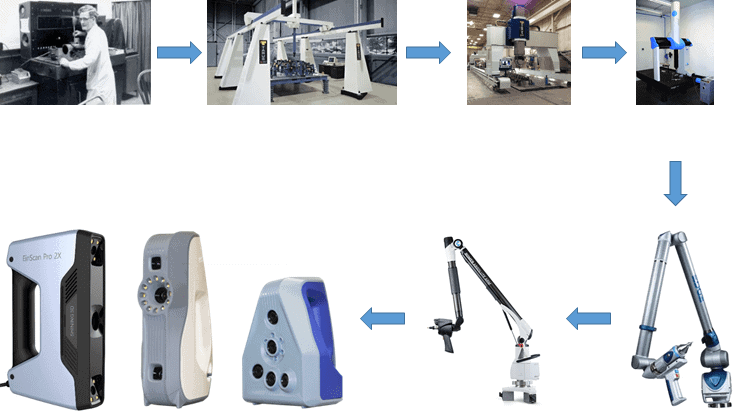
apaengineering.com
engineering reverse devices evloution
REVERSE ENGINEERING – IMAC Design & Engineering Services

imacdesignservices.in
engineering
Reverse Engineering Services – TWA 3D

twa3d.com
Reverse Engineering – Evercon Group

evercon.co.th
Reverse Engineering – CAD Files From 3D Scanning
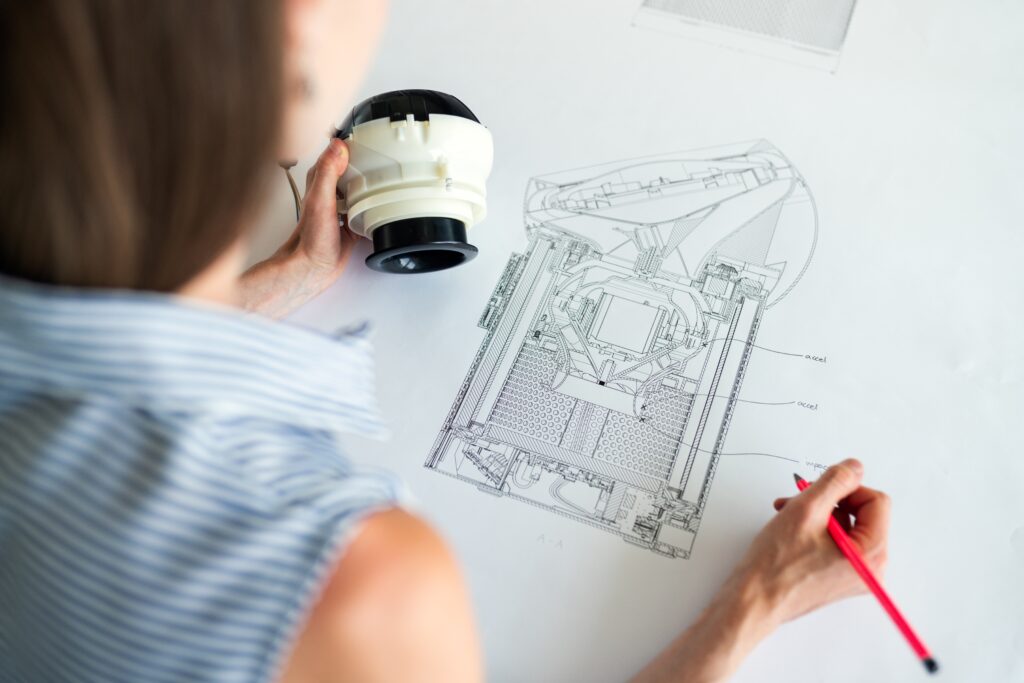
usetangent.com
Reverse Engineering On Behance

www.behance.net
reverse
Meta AR Developer | Datafloq

datafloq.com
Reverse Engineering On Behance

www.behance.net
recreating aerospace tasked
Reverse Engineering – Beteig
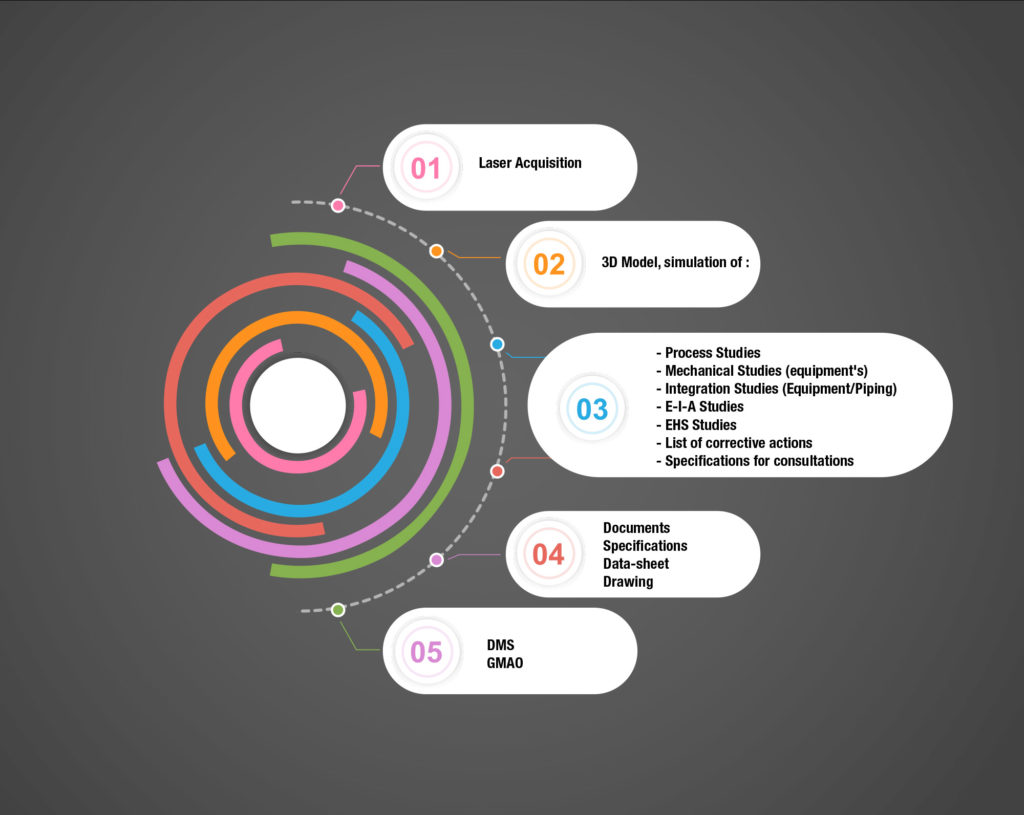
beteig.com
reverse
Reverse Engineering — Aligned Concept Engineering
www.alignedconceptengineering.com
Reverse engineering – beteig. Meta ar developer. Reverse engineering
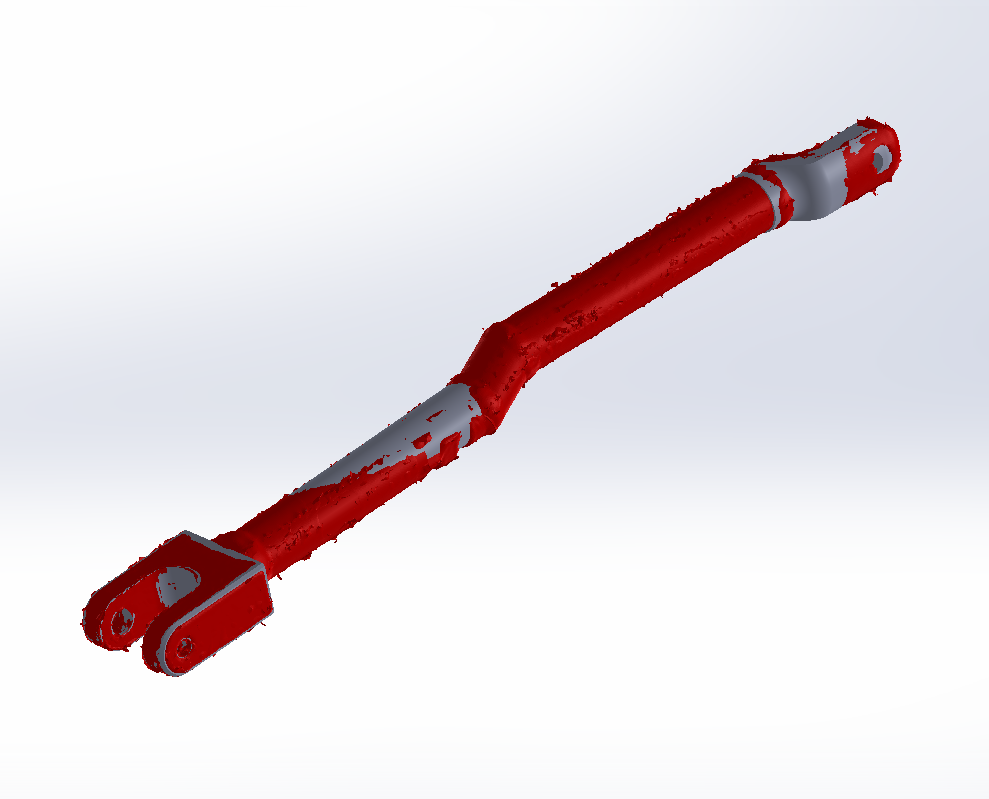

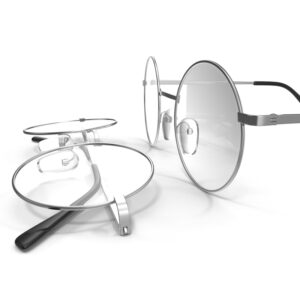
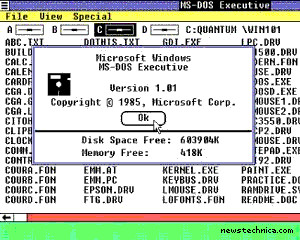

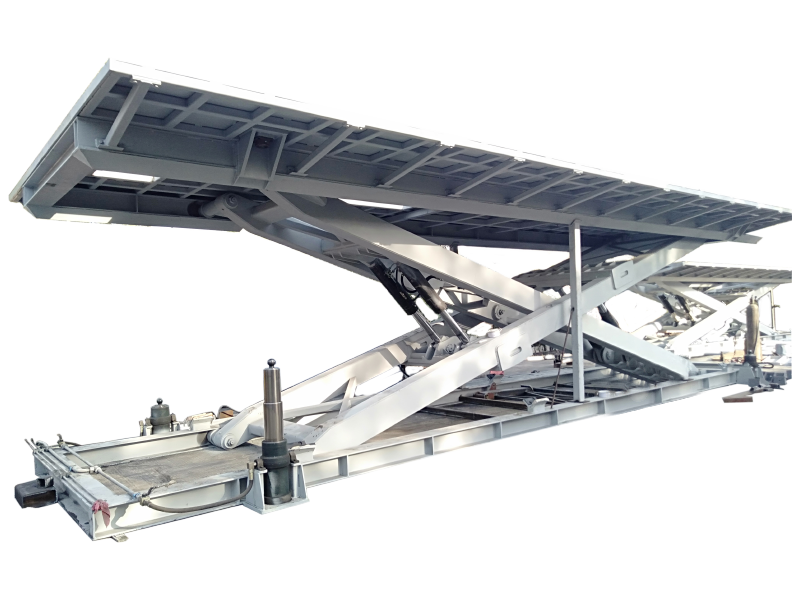


:max_bytes(150000):strip_icc()/008_how-to-factory-reset-a-lenovo-laptop-5115817-a67348722ce94f9783881ea29e596310.jpg)